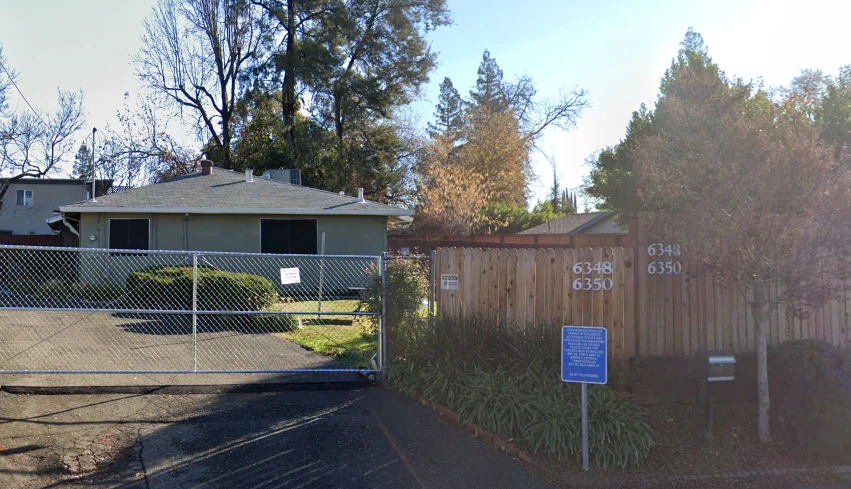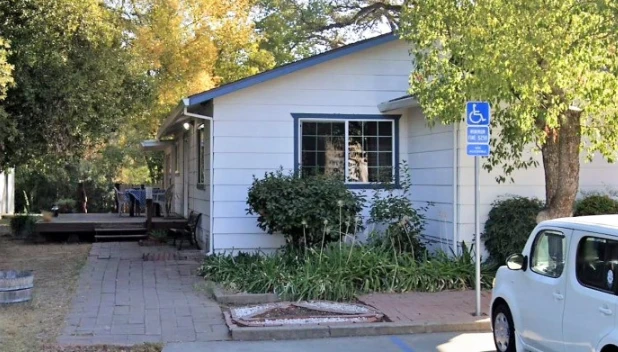Cornerstone part of Alpha Oaks, located in Carmichael, California, provides residential treatment for women struggling with alcohol and drug addiction. The facility focuses on empowering women by assisting them in developing the skills and connections necessary to live substance-free lives. Alpha Oaks offers a safe, gender-specific setting in which adult women can address the unique issues they confront during recovery.
The facility provides a social form of treatment, including a structured Residential Program, individualized counseling, and attendance at community AA/NA meetings. Treatment options include group and individual therapy, relapse prevention measures, and addiction education programs. Alpha Oaks values a vibrant, supportive woman-to-woman community and encourages residents to form lasting friendships. Participation in 12-Step programs is also encouraged, and a strong alumni network offers continuous assistance. The facility is licensed and certified by the California Department of Health Care Services.
Cornerstone Information
Treatment
Who We Treat
- Young Adults (18–25)
- Adults
- Seniors/Older Adults
- Older Adults
- Male and Female
Approaches
- 12-Step-Based
- Twelve Step
- Group Therapy
- Cognitive Behavioral Therapy (CBT)
- Motivational Interviewing
- 1-on-1 Counseling
- Life Skills Training
- Relapse Prevention Counseling
Conditions We Treat
- Trauma
Languages
- English
Aftercare
- Employment Counseling
- Continuing Care
- Employment/Vocational Counseling
- Support Meetings
Level of Care
- Residential Rehab
- Aftercare/Continuing Care
Experience
Smoking and Vaping Policy
- Smoking Allowed in Designated Areas
- Vaping Not Allowed
Accreditations
-
State department of health
Government agencies issue State Licenses, granting rehabilitation organizations permission to operate their businesses lawfully within specific geographic regions. The specific licenses needed for legal operation are typically determined by the type of rehabilitation program offered by the facility and its physical location.

Additional Locations
Find the best treatment options. Call our free and confidential helpline today!



